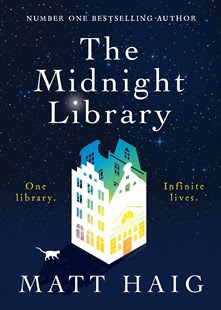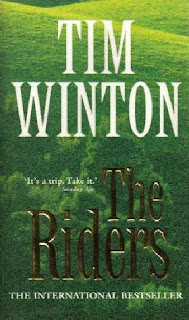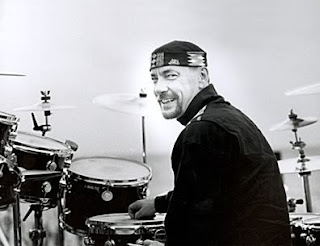The Midnight Library

The Midnight Library is Borges-Lite. Think ‘The Library of Babel’ as a novel for twenty-somethings. A confused young woman – attempting suicide – ends up in a library as a half-way house between here and there. On the shelves are an infinite number of variations of the life she has to this point led, and she has a chance to try them all. Until the shoe fits. (The shoe, however, gets tighter and death – real death – is a distinct possibility). Nora Seed has gone to seed – she has walked away from a musical dream and let her brother down in the process; she lives alone after dumping her fiancé; she's a depressive employee of a music shop where moping puts off customers. There’s not much worth living for, she thinks. Once in the library (having taken the red pill or the blue pill, or both) she comes across the manifestation of the kind librarian who looked after her the day her mother died, while still at school. Kindness is returned in the temporary after life. What would you ch...






